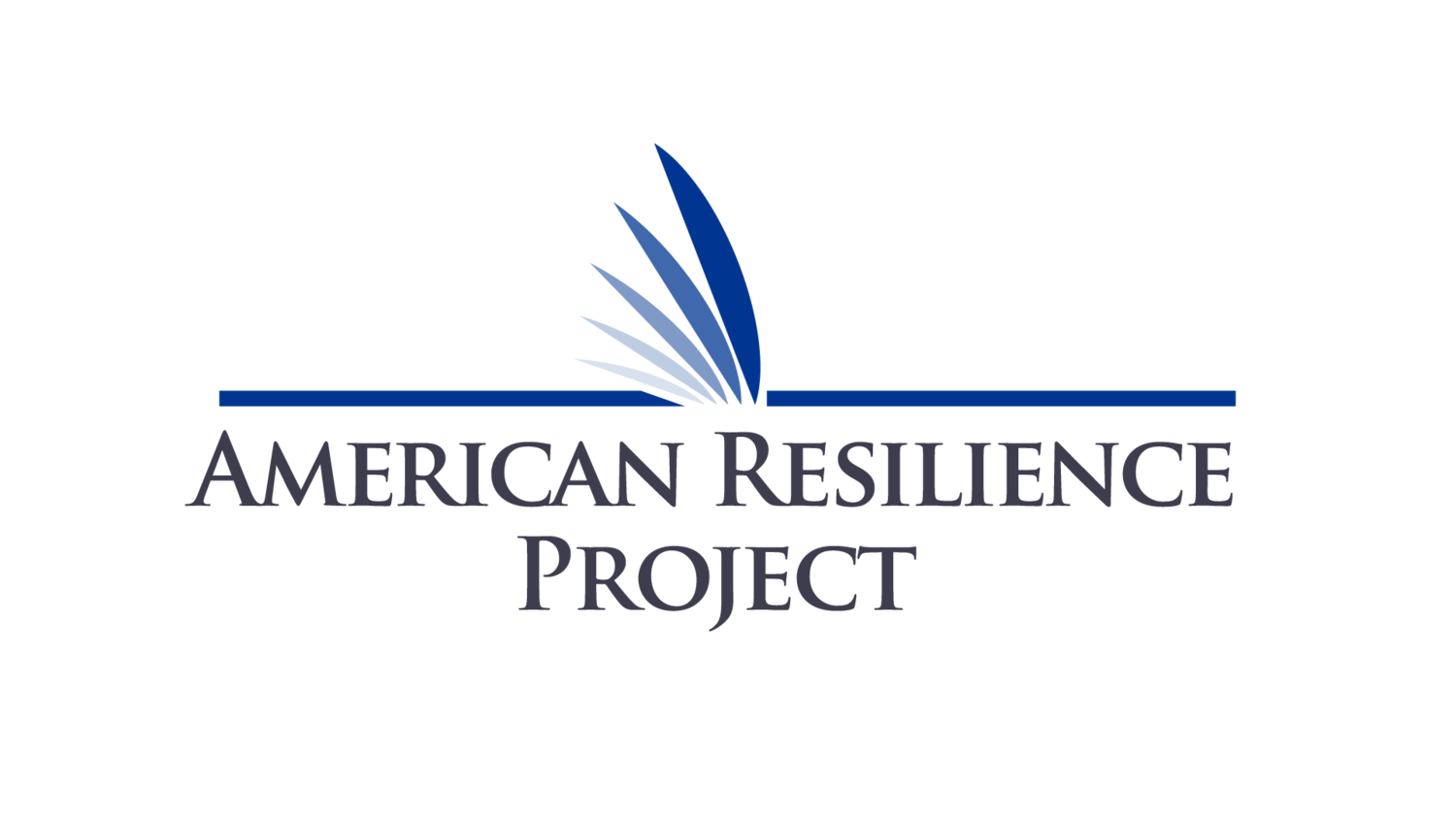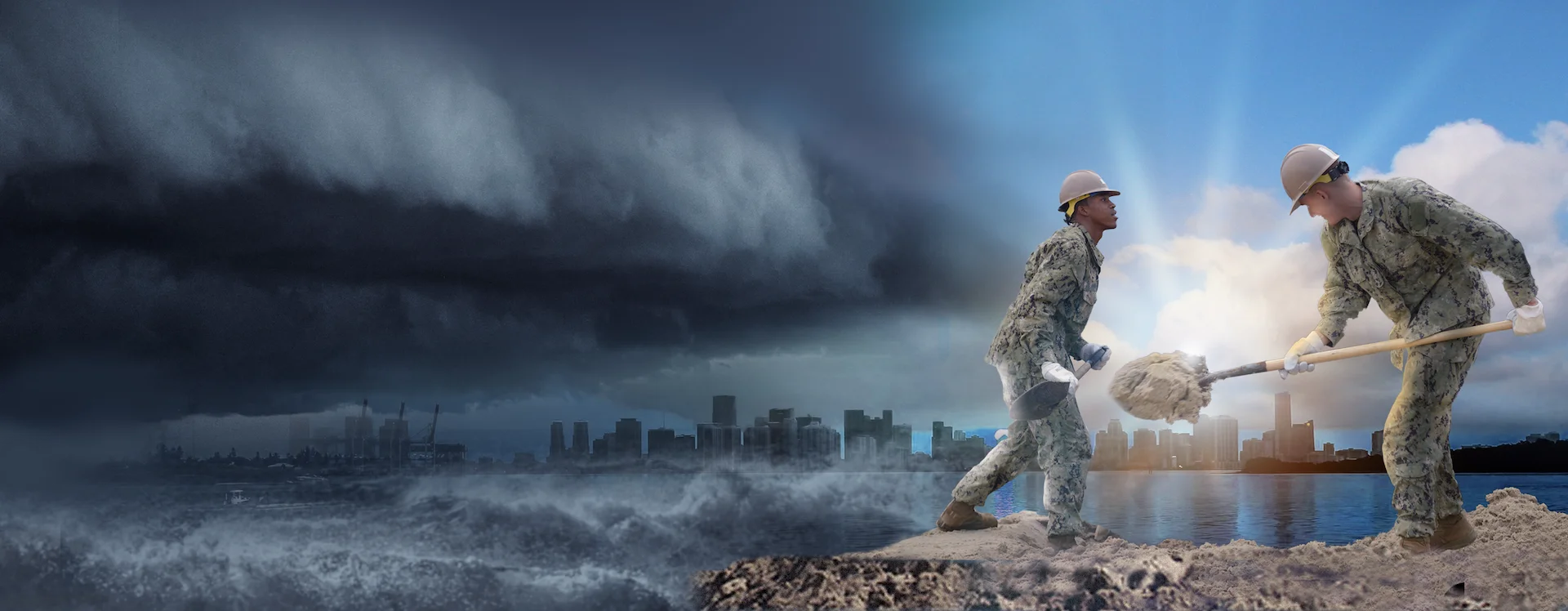American Resilience Podcast
Episodes
Former U.S. Army intelligence officer Welton Chang helps us gain an understanding of how the health of our media ecosystem directly influences our resilience as a society. Welton explains how we can insulate ourselves against bad actors who use information to cause harm, and how we can make sense of this unprecedented media environment, while explaining how the process of building trust through communication is essential for strengthening our overall civic health.
Common Energy CEO Richard Keiser argues that the best climate solution we can implement now is using federal land to accelerate the transition to clean electricity generation and transmission. Richard offers an engaging historical perspective on how we got to the point of having such an unwieldy national power system, and how we can create the amount of clean electricity needed to limit the worst effects of the climate crisis.
Wayne Swanson is a farm coach who helps farmers and food producers find out what they do best, and then shows them how to profit from their skills and natural talents. He also operates his own family farm specializing in pasture-raised meats, without using commercial feed, steroids or hormones. Wayne talks about how he relies on his corporate experience to help farmers make a better living, how to get more kids into agriculture careers, and ways that farmers and non-farmers can access government funds that help them improve or conserve land.
Klaas Martens, organic farmer and visionary thinker on systemic changes related to agriculture, talks about everything from crop insurance and food security to managing erosion, supporting soil health, improving public health and water quality in cities by changing the way we farm in rural areas, and how we can help farmers earn a living in the face of natural disasters that are getting more severe and more frequent.
Nyema Clark founded Nurturing Roots Farm eight years ago on land rented from Bethany United Church of Christ in Seattle, where her nonprofit worked hard to make the soil productive, provided food for the community, and increased the value of the land. On March 1st, she was notified they would have 30 days to vacate the land. While they currently seek a new place to farm, their experience is instructive for urban agriculture across the country, especially for young people trying to become farmers in cities.
Recorded before a live audience at the Gabelli School of Business at Fordham University’s Lincoln Center Campus in New York City, Suzanne Hunt of Hunt Country Vineyards and Generate Upcycle, and Nicole Carta of Fordham University and formerly the United Nations International Fund for Agricultural Development talk about how the upcoming U.S. Farm Bill can be used to help farmers stay on their land, improve soil health, and fight the climate crisis.
We also discuss how the war in Ukraine affects global food security, the role of business, and how to increase civic engagement to shape the Farm Bill over the coming months.
Director Wahleah Johns offers an update to our film Nation in Transition, from the Current Revolutionenergy transition film series. She talks about her office's important work helping Tribal communities obtain reliable energy, growing up on the Navajo Nation, and the obstacles that still remain for accomplishing the energy transition across Indian Country.
Matt Griggs is a fifth-generation corn, wheat, soybean, and cotton farmer working hard to transition his farm to regenerative agriculture. We talk about the upcoming 2023 Farm Bill, and how it can prioritize helping farmers earn a living through the carbon they sequester, while also allowing them to better withstand the effects of extreme weather and improve global food stability.
Councilmember Andria McClellan of the City of Norfolk, Virginia discusses how flooding affects national security, how the Hampton Roads region can help lead the country's adaptation, mitigation, and resilience efforts, and what she's learned about successful cooperation across jurisdictional and political divides.
Former Assistant Secretary of Defense for Operational Energy Sharon Burke discusses the military’s ongoing efforts to reduce its petroleum dependence, accelerating the energy transition for the nation, staying strong through the climate crisis, and the interconnections between human security and the natural environment.
Rev. Dr. Durley talks about the energy transition, climate justice, politics, morality, finding hope and strength, and adapting to the climate crisis.

